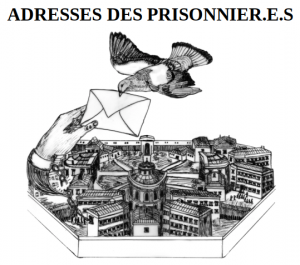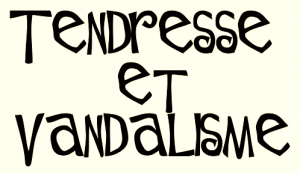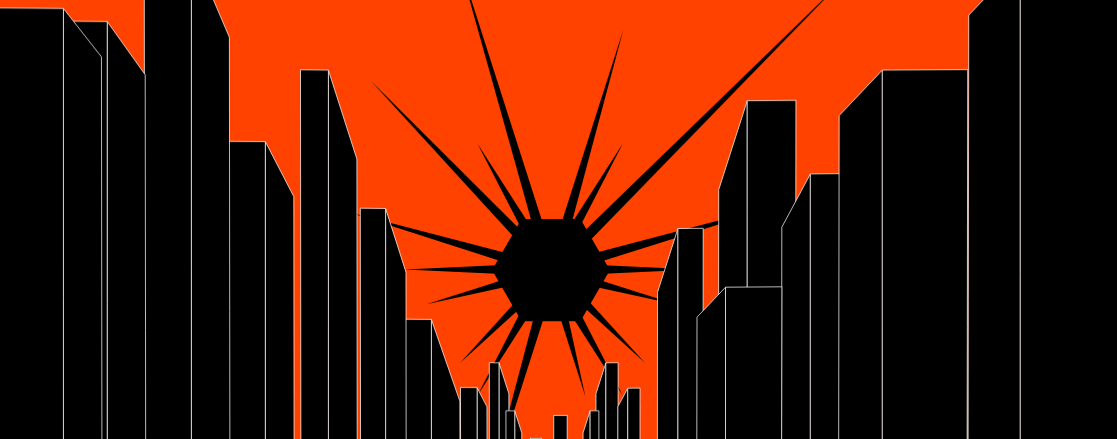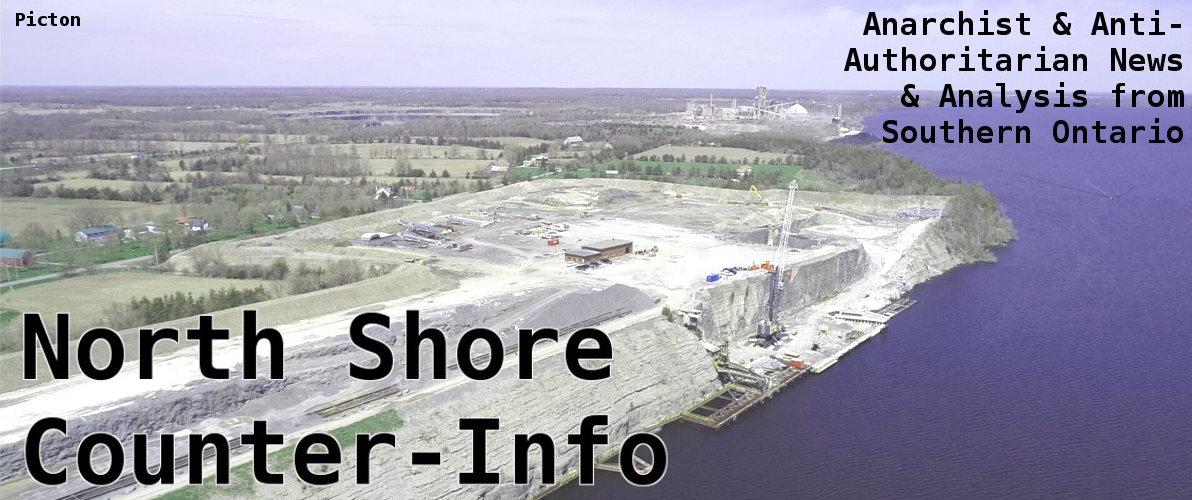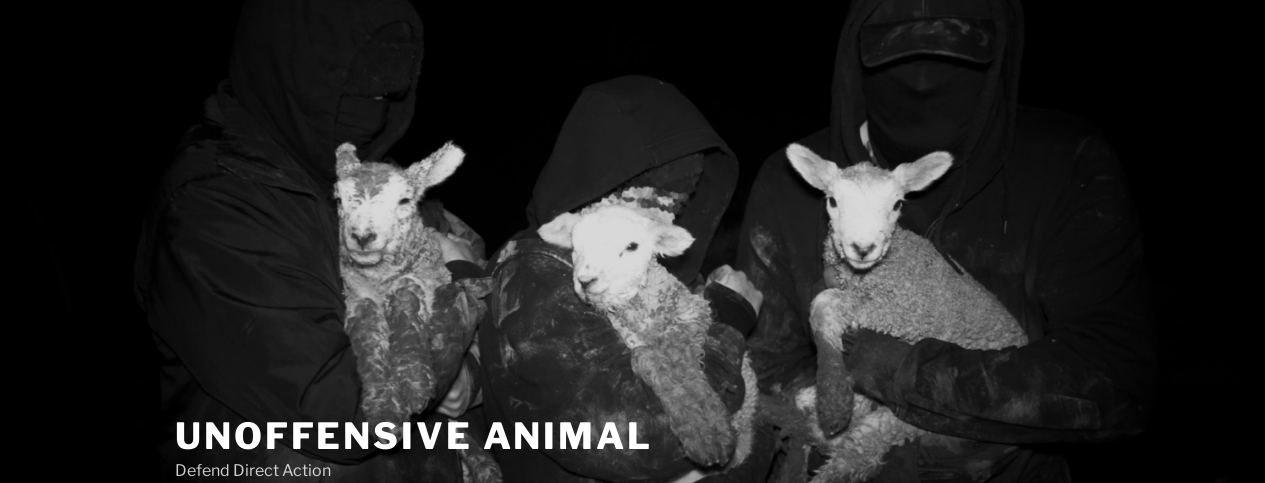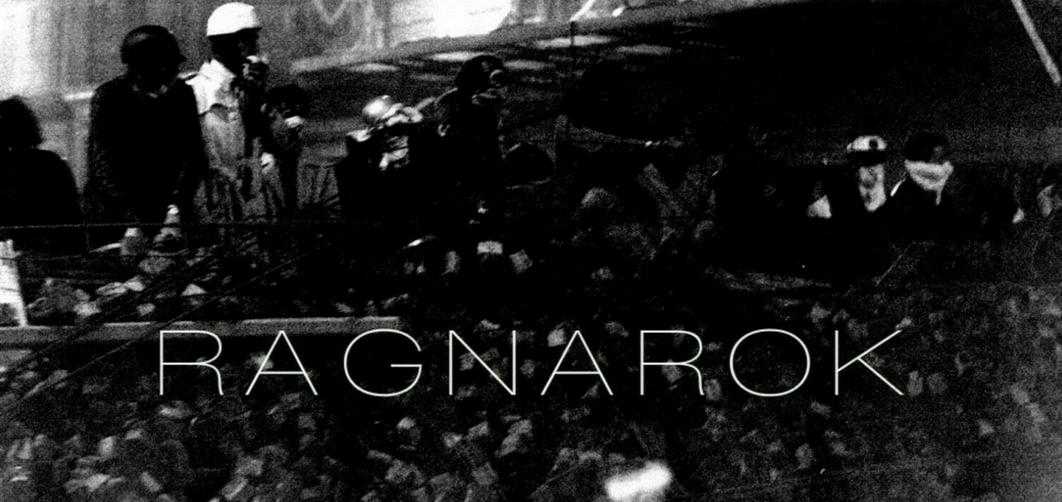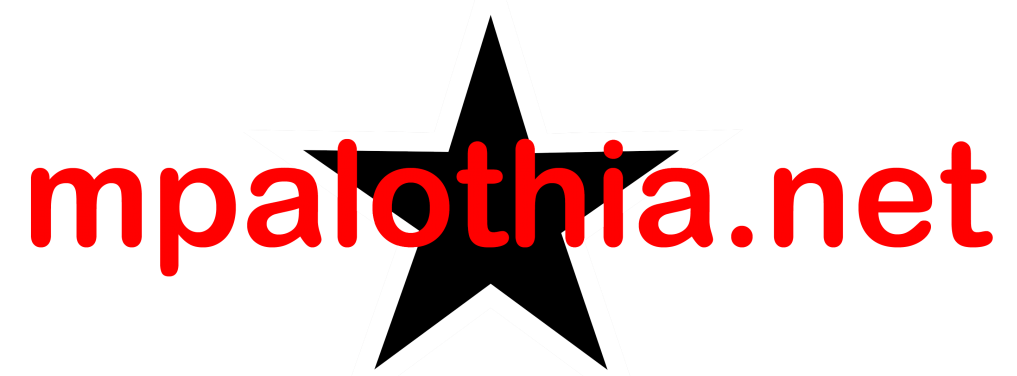Early this morning, on November 25, 2024, we set fire to the construction machinery of the Charpentier group, particularly those of its public works subsidiary.
The disarming of these machines at the site of L’Oie in Charente is a direct response to this company’s participation in the Mega-Basins projects. Indeed, TP Charpentier is the most involved, whether in Vendée, Charente-Maritime, and of course in Deux-Sèvres. Putting these machines out of commission allows for the concrete halt of ongoing construction sites and serves as a reminder that no one responsible for them is untouchable.
This disarmament is not the first. It takes place in a context where the opposition against the Mega-Basins, its model of water grabbing, and its promotion of agro-industry, has only intensified and deepened for more than three years. This historic struggle has taken a turn by multiplying and diversifying the forms of resistance against these projects. Since then, the movement has continued to expand and demonstrate possibilities to halt the ongoing disaster.
We have marched on these construction sites many times, like on March 25, 2023, when we were more than 30,000 in Sainte-Soline, on a day that will forever be etched in our memories and in our bodies. We have sown crops, uncovered Mega-Basins, made festive incursions, carried out a peasant blockade of the port of La Rochelle, built international alliances, etc. Through these actions, we have made the Mega-Basins sector visible, along with the profiteers who benefit from it. More broadly, we have opened a breach in the fight against agro-industry.
We indeed believe that if the agro-industrial system is a system with multiple tentacles, we can fight it in many places. The mega-basins, the last desperate move of a system in agony, are concrete actions to fight against the appropriation of a common good.
The fight against extractive agriculture is a breach that allows us to reclaim our material and political relationship with food, its conditions of production and consumption. This system destroys our territory, makes farmers disappear, speculates on the fruits of our labor, and actively participates in neo-colonial plundering.
In this process, the Charpentier Group, far from being the small family business it claims to be, is the major player on the construction sites. These are the machines that leveled land in Vendée, drained in Charente-Maritime, and dug in Deux-Sèvres. This ogre of Poitou built his empire on the artificialization of land and large useless projects. With its 130 million euros in revenue and its 19 companies, this nefarious group has greatly profited in exchange for its role in the projects that are destroying the Marais Poitevin and the Mellois region. It took advantage of this to equip itself with all the necessary arsenal to become an essential player in the transformations of the agro-industry over the coming decades.
By our action, we acknowledge that the phase we are entering is no longer about bringing visibility to the actors already known to everyone, repeatedly called upon, but rather about clearly impacting the continuation of the projects in order to simply make them cease. If we have experienced boundless repression in recent years, through the success of our action, we are reconnecting with what has made our movement strong: clever disarmament. It is possible to put an end to the basin projects through various means, legal recourse, popular mobilizations, material reappropriation, peasant struggles. It is this subtle multiplicity of practices that allows us today to drive the point home.
In case our point is not clear to some. TP Charpentier carried out the work on various basins. Any actor who associates with the future Mega-Basins projects, whether in St-Sauvant, La Clouère, in Deux-Sèvres, in Vienne, and everywhere else where projects are on the agenda, will face the consequences.
Translated by Dark Nights

